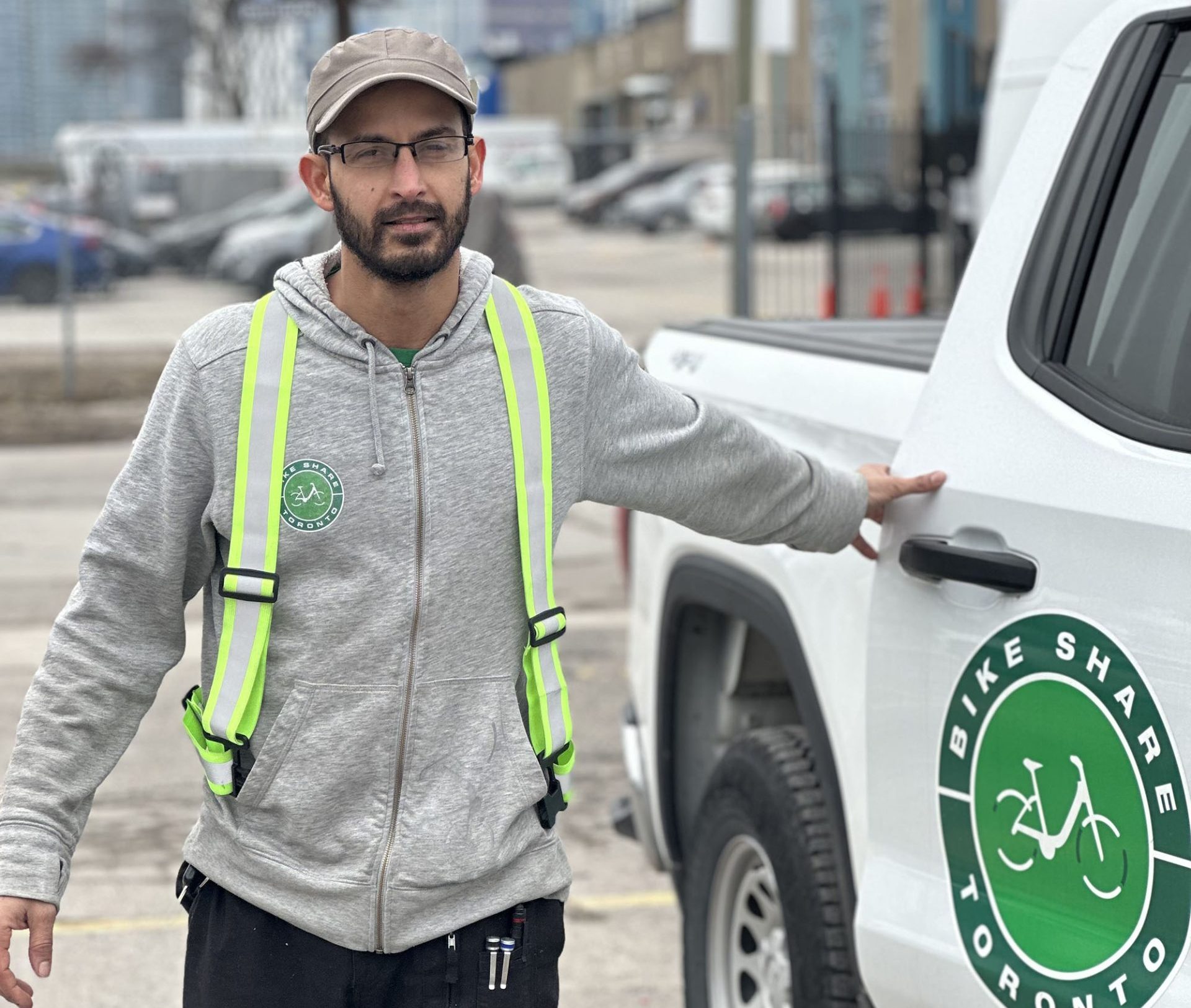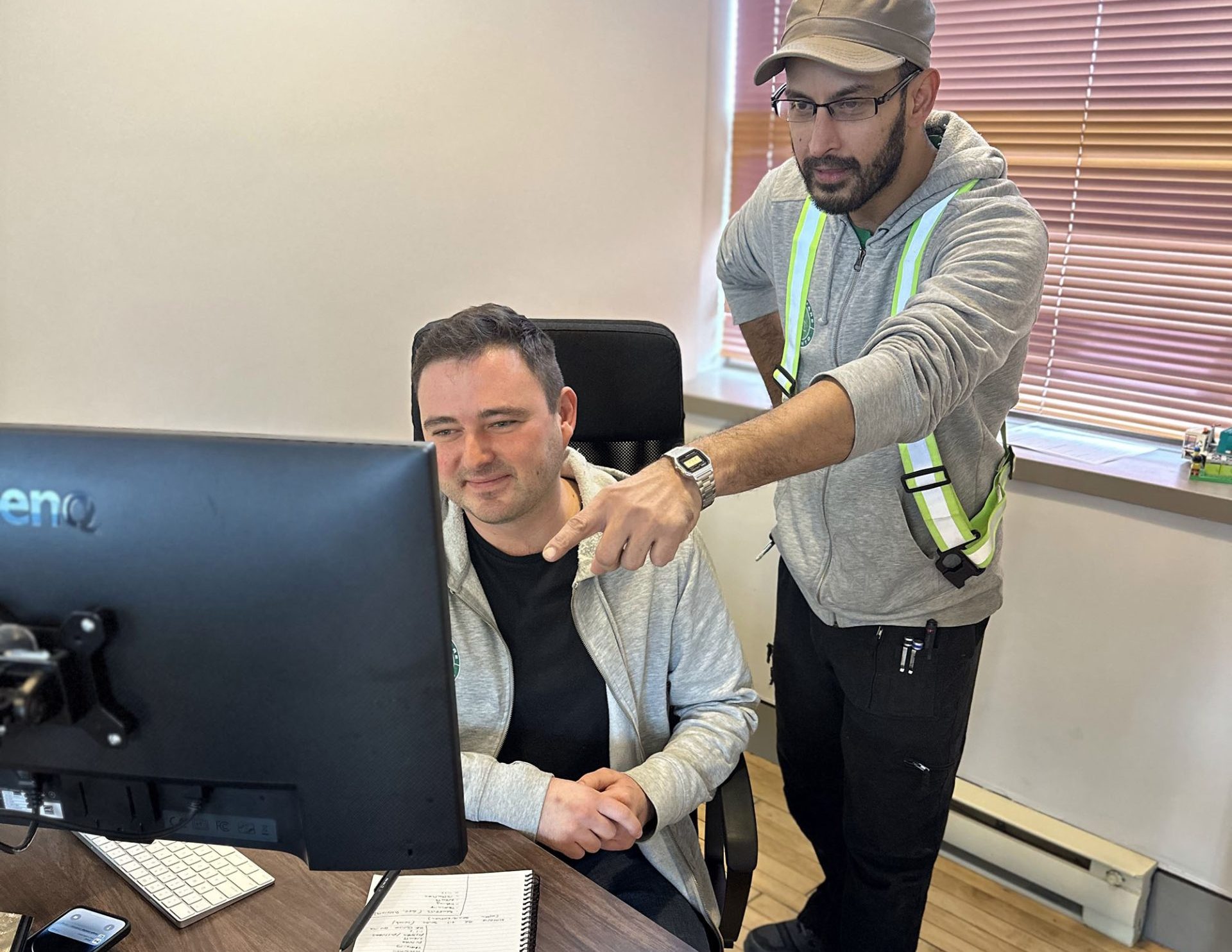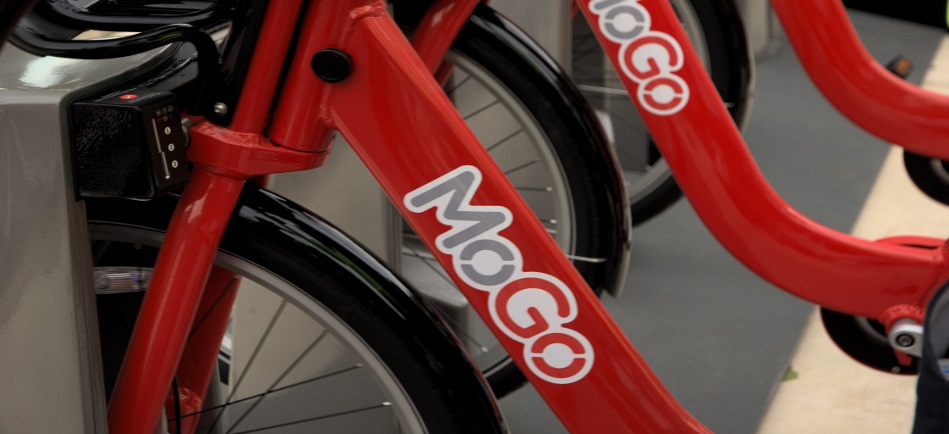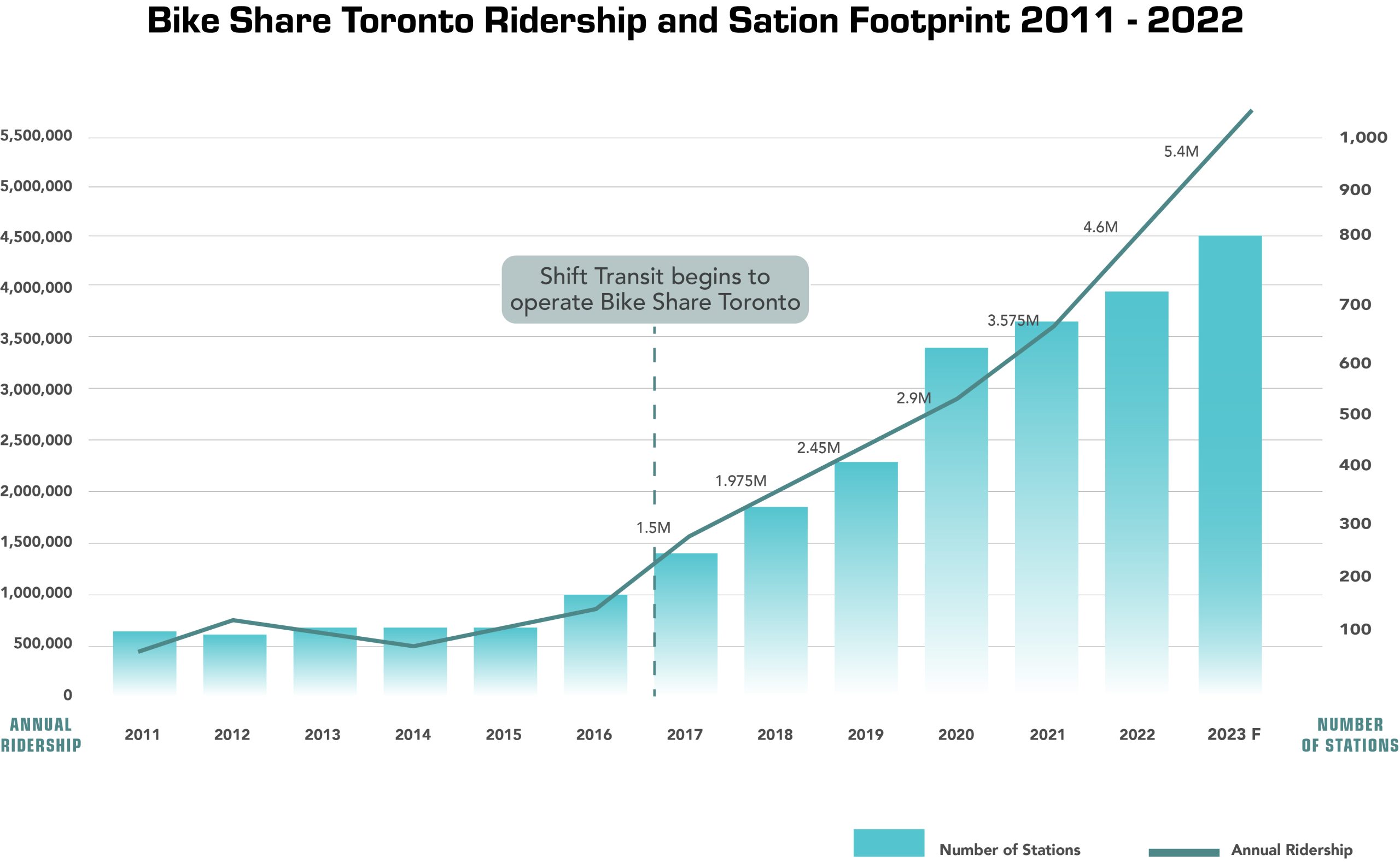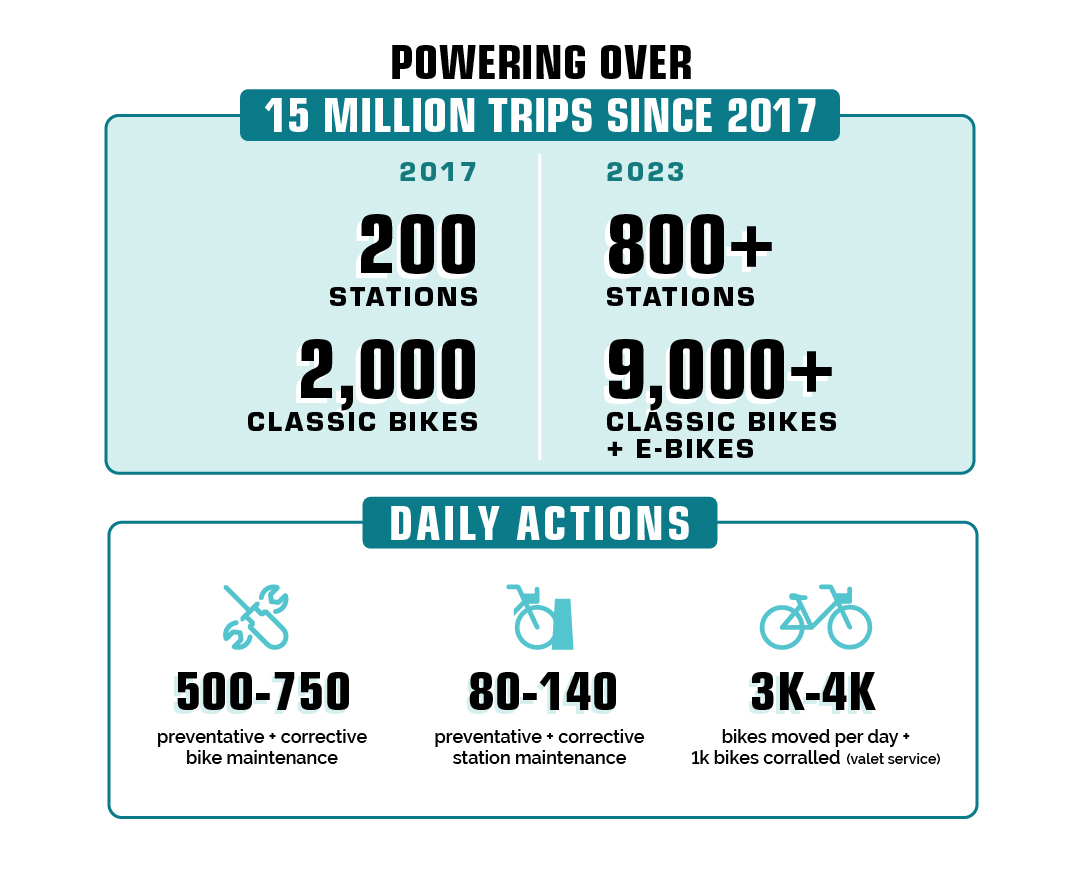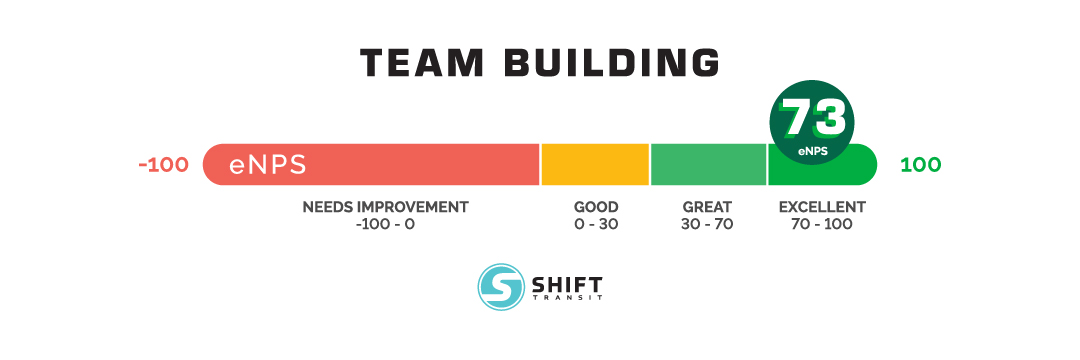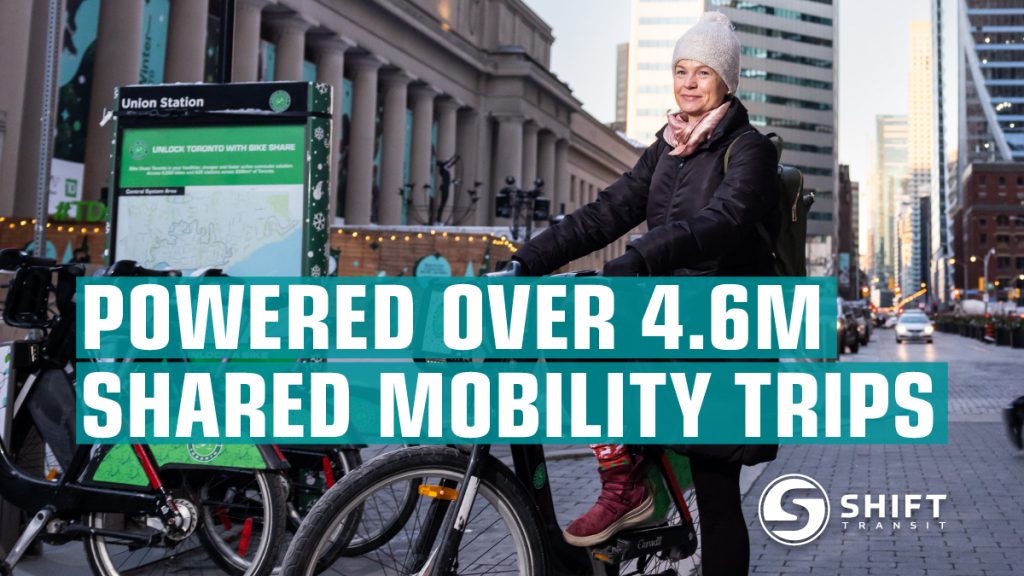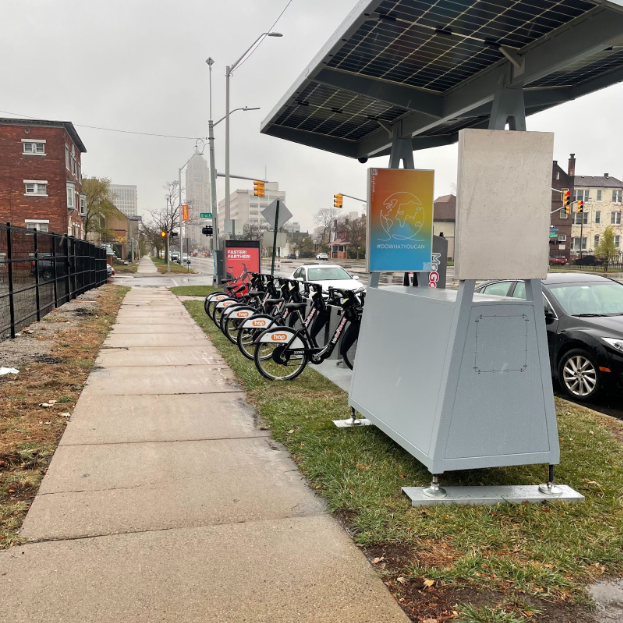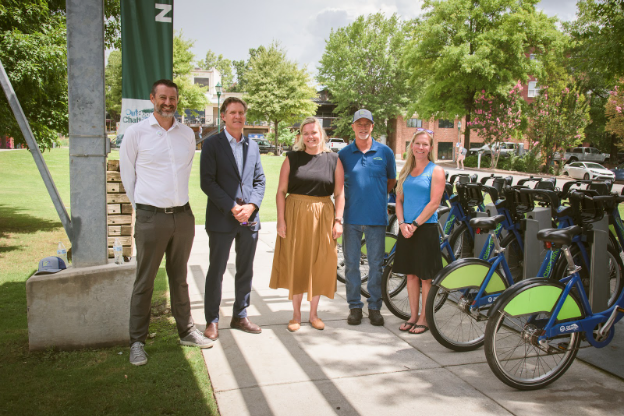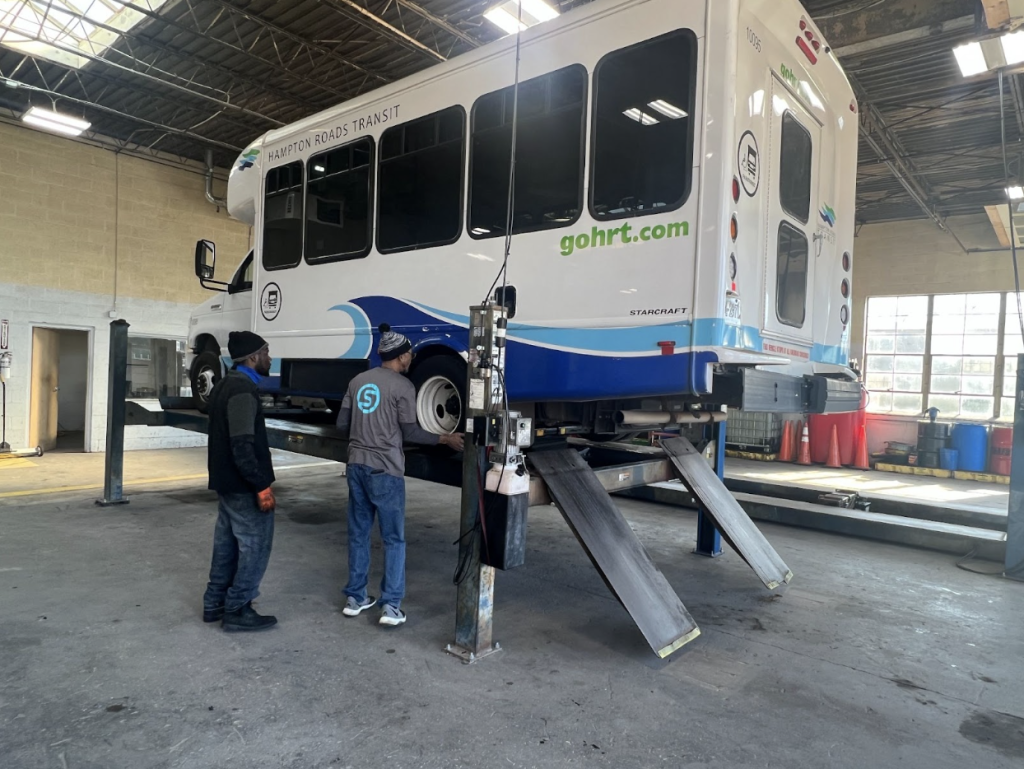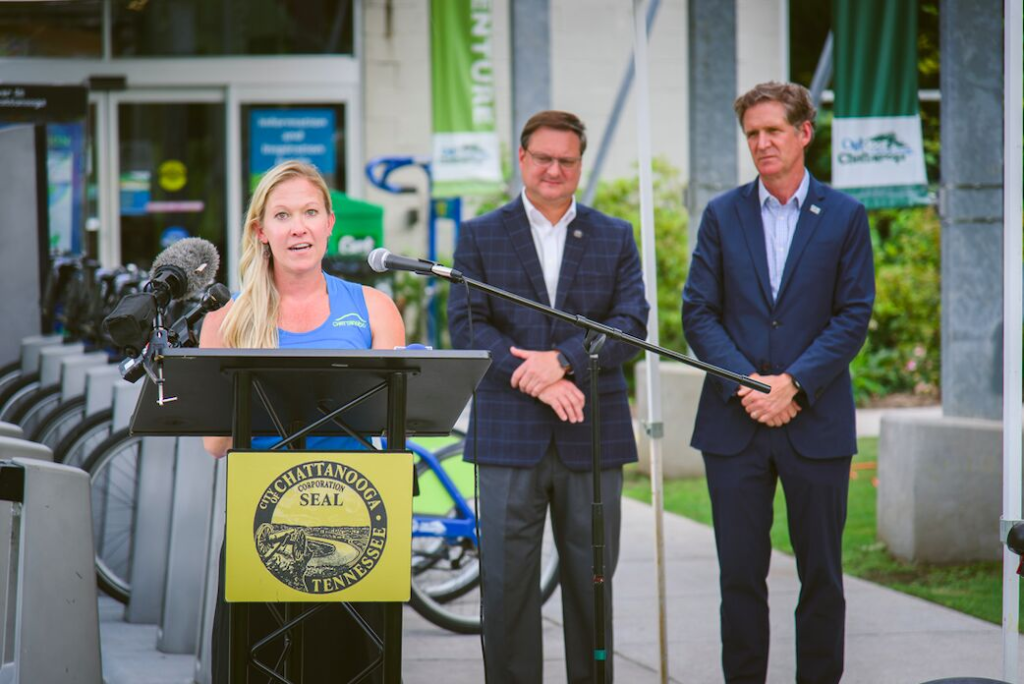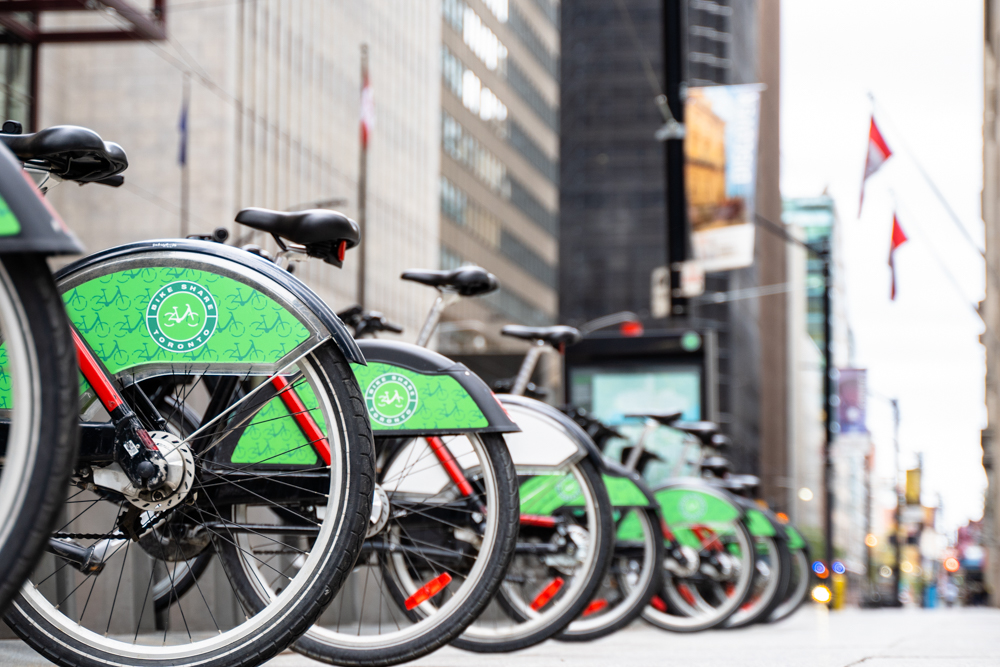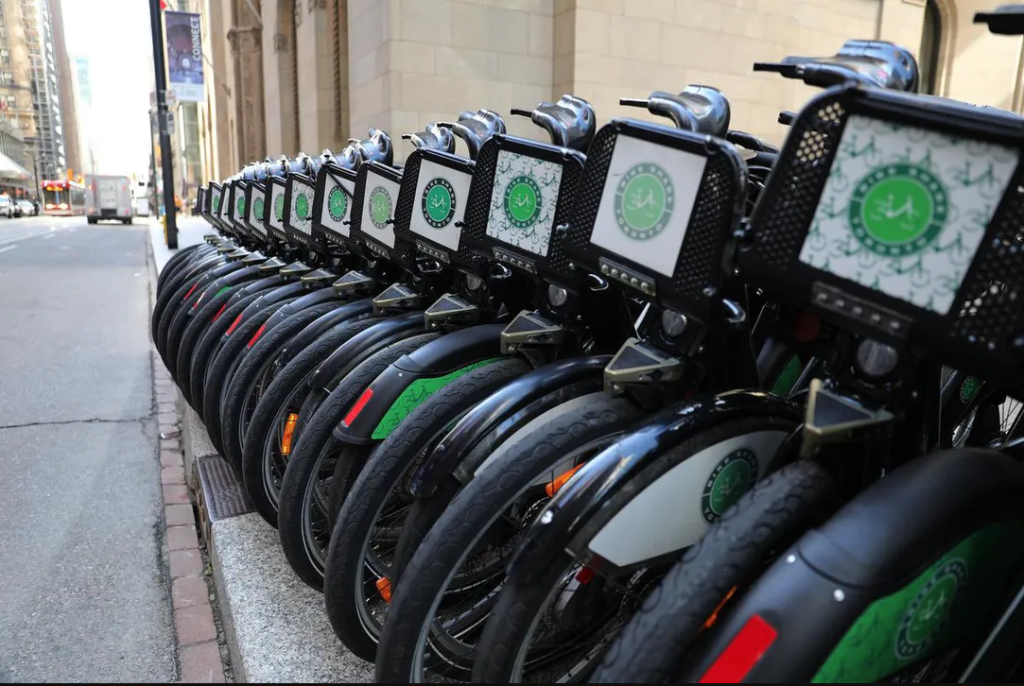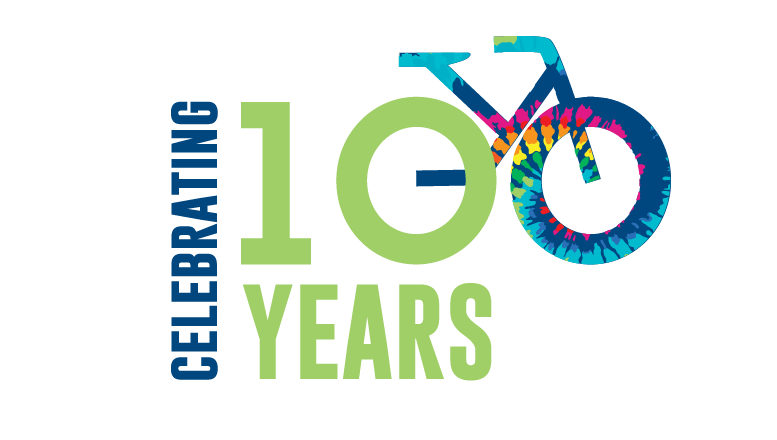
Growing our impact to further fuel shared mobility solutions
A look back: Shift Transit’s 2023 Year In Review
What a year! It is clear that the future of urban mobility relies deeply on innovating shared solutions to optimize current and future city landscapes. Shift Transit’s continued commitment to its clients and cities in providing adaptable, resilient and results-driven operational solutions is unwavering. Our local teams across North America dedicate themselves to operating shared mobility solutions that make an impact on how people choose and experience transportation options as we all re-imagine how cities move people. Today, Shift powers 10 mobility programs across North America, managing over 60,000 assets on a daily basis (as of Feb 1!), while delivering close to 8 million trips in 2023 alone. Many of our mobility program partners experienced record ridership, membership as well as system expansions. As mobility operations partners, our job is clear – work hand-in-hand with each client partner to devise strategies and executional plans that will meet the customer demands to help grow and scale the programs. We’re excited to share how 2023 was a pivotal year for us and our public, private and non-profit sector partners!

Welcoming three more shared mobility programs
In Spring of 2023, we transitioned two micromobility programs in Portland and Chicago. Working with Lyft, we welcomed Chicago’s Divvy scooter fleet and the BIKETOWN bike share program in Portland to our roster. Seamless operator transitions are vital and extremely important as to not disrupt the customer experience and level of service, while ramping up all operational aspects of the program. After navigating multiple mobility operation transitions, we know that working closely with client partners and developing detailed project plans are key to a successful launch.
In addition, Shift Transit transitioned operations for Via’s largest paratransit program in Hampton Roads, Virginia. With a large focus on increasing fleet availability, our team went straight to work implementing and executing a vigorous preventative maintenance program that resulted in achieving 100% vehicle availability within 3 months. This means more vehicles available for critical customer groups that rely on paratransit services to get to and from medical appointments and other daily life needs.
Best operational year in Toronto
What is abundantly clear is that Torontonians embrace bikesharing as a desired way to commute and move around the city. Whether it’s a first mile or last mile solution, the fast and efficient way to get to and from work or riding to brunch, running errands or a leisure ride along the waterfront, Bike Share Toronto has become part of the city’s identity. In 2023, the system saw a record-breaking 5.7 million trips, up 24% from 2022 (4.6M rides).
Alongside record-breaking ridership, the membership base also grew by double digits as well as the system footprint. The Bike Share Toronto system has been growing every year since 2017, with last year’s expansion seeing 160 additional stations and 1,800 more bikes, including 1,300 e-bikes. The operational lift to support such large-scale expansions is massive, which also shifts the usage patterns and therefore the operational approach. Being agile and able to pivot using historical trends against real-time data is a key tool that helps drive our success in Toronto.
Our team was also proud to support the Toronto Parking Authority (TPA) in two other program milestones: 1. Launching the exclusive partnership with Tangerine Bank and 2. Launching the Reduced Fare Pass Program.
Our first multi-model docked program!
Dock-based micromobility systems stand the test of time. Over the last decade, the Bike Chattanooga bikesharing program has had great adoption. Since Shift Transit assumed system management in 2017, the yearly ridership has almost doubled. In partnership with Lyft, we successfully launched the first PBSC Urban Solutions and Shift Transit docked scooter program, fully integrated into the existing bikesharing system. Within the first 4 weeks, the scooters represented 20% of usage, positively impacting the mobility options available to residents and visitors alike.
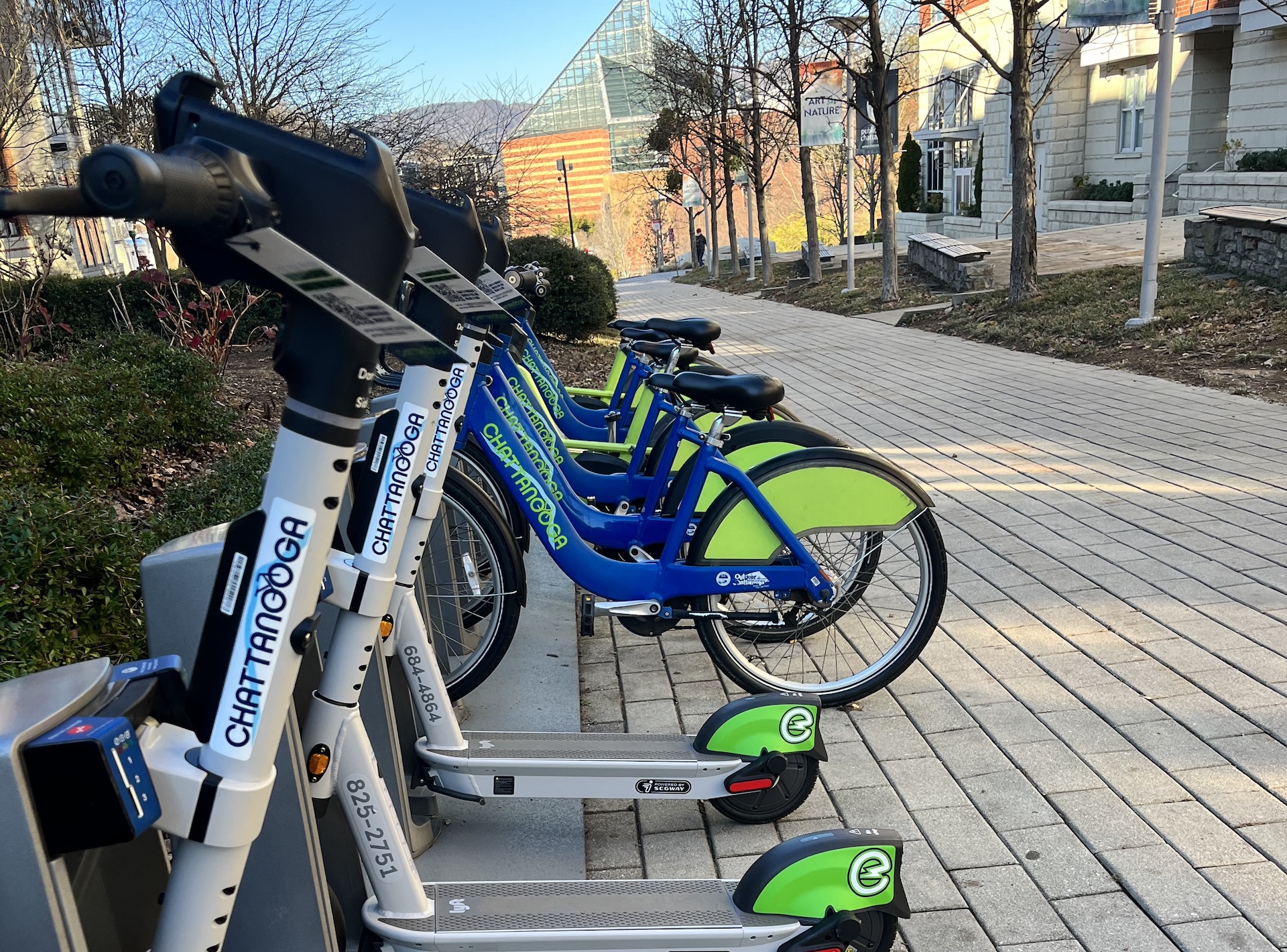
Continuing to electrify
One global trend in the micromobility space is the movement towards growing electrification. E-bikes and e-scooters expand the reach, attracting new rider audiences. We have seen the great impact e-bikes have made in various Shift operated markets. Last year in Toronto, the e-fleet grew by 1,300 pedal assist e-bikes, continuing the path to reach the goal of 20% fleet electrification via TPA’s four-year growth plan. Across the border in Detroit, another 50 e-bikes were added. E-bike trips represented a whopping 21% of total ridership, while only representing 16% of the total fleet. A perfect example of the power of electrification.
In Chattanooga, Tennessee, Mayor Tim Kelly supported the announcement of more e-bikes and station electrification to the growing shared mobility program.
“Bike Chattanooga is an important part of what it means to experience Chattanooga for so many of our residents and visitors,” said Mayor Tim Kelly. “Everyday, their fleet of bikes help folks commute, run errands, and sightsee in a cost-effective, fun, and flexible way. Expanding programs like these help us meet our transportation and mobility goals, and I look forward to seeing this resource continue to grow in the years ahead.”
Hosting NABSA Conference at our Toronto HQ
Before we capped off a wildly successful 2023 with our partners, Shift Transit was honored to co-host the Toronto leg of the North American Bikeshare and Scootershare Association (NABSA) conference. We welcomed industry colleagues from across the continent to tour and learn about our operational strategies and tactics, operating one of the largest and most successful bikesharing systems in North America.
Working with our partners at Lyft, we are thrilled to have transitioned the Divvy Bike Share program on February 1, 2024. Shift Transit will lead the day-to-day operations of both the scooter share and bike share programs in Chicago.
The bar was set high in 2023 – our team could not be more excited to take on 2024 and continue to adapt and change the way people choose and experience shared mobility options in cities. Let’s ride!


